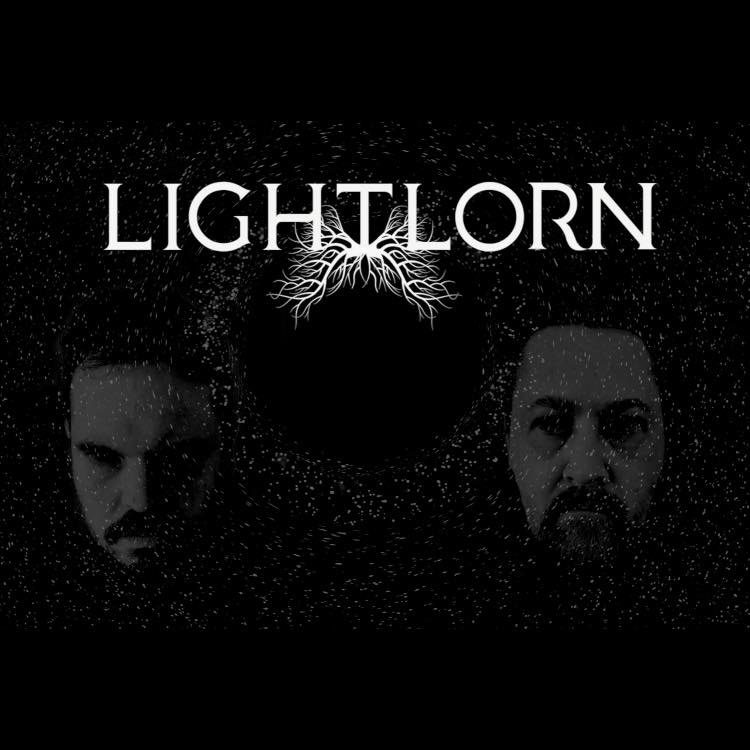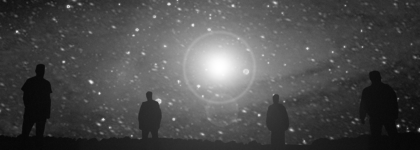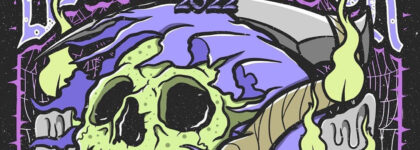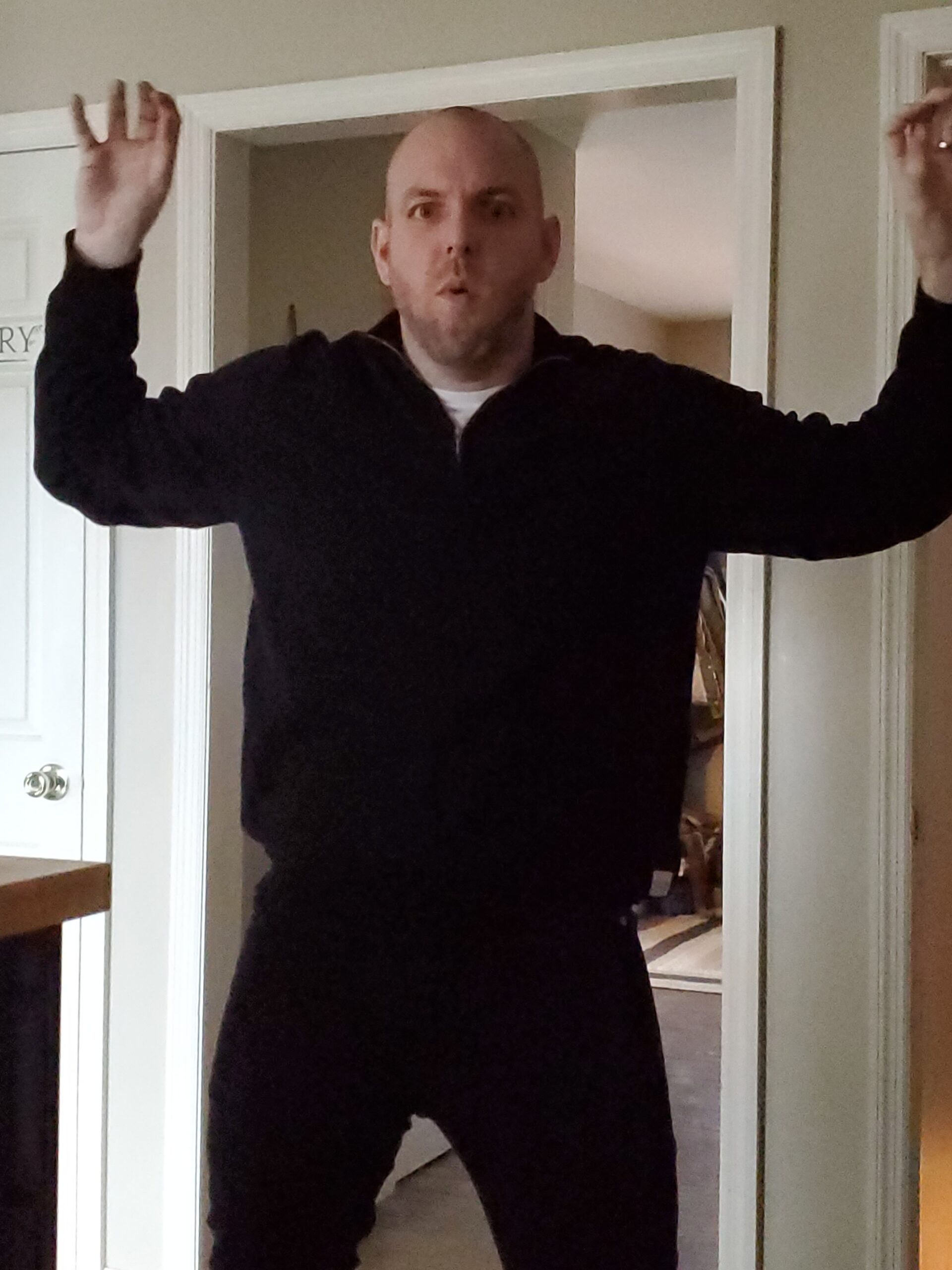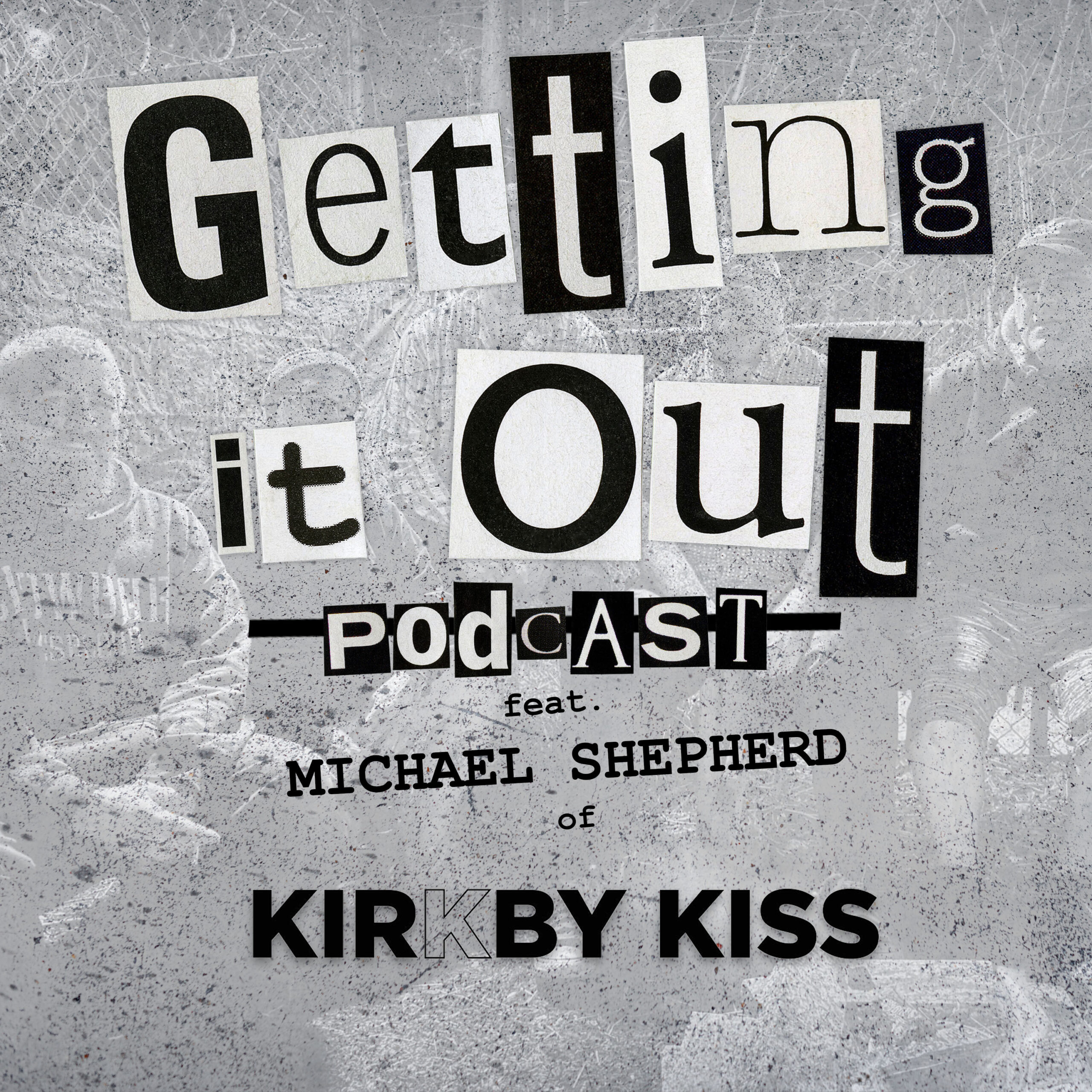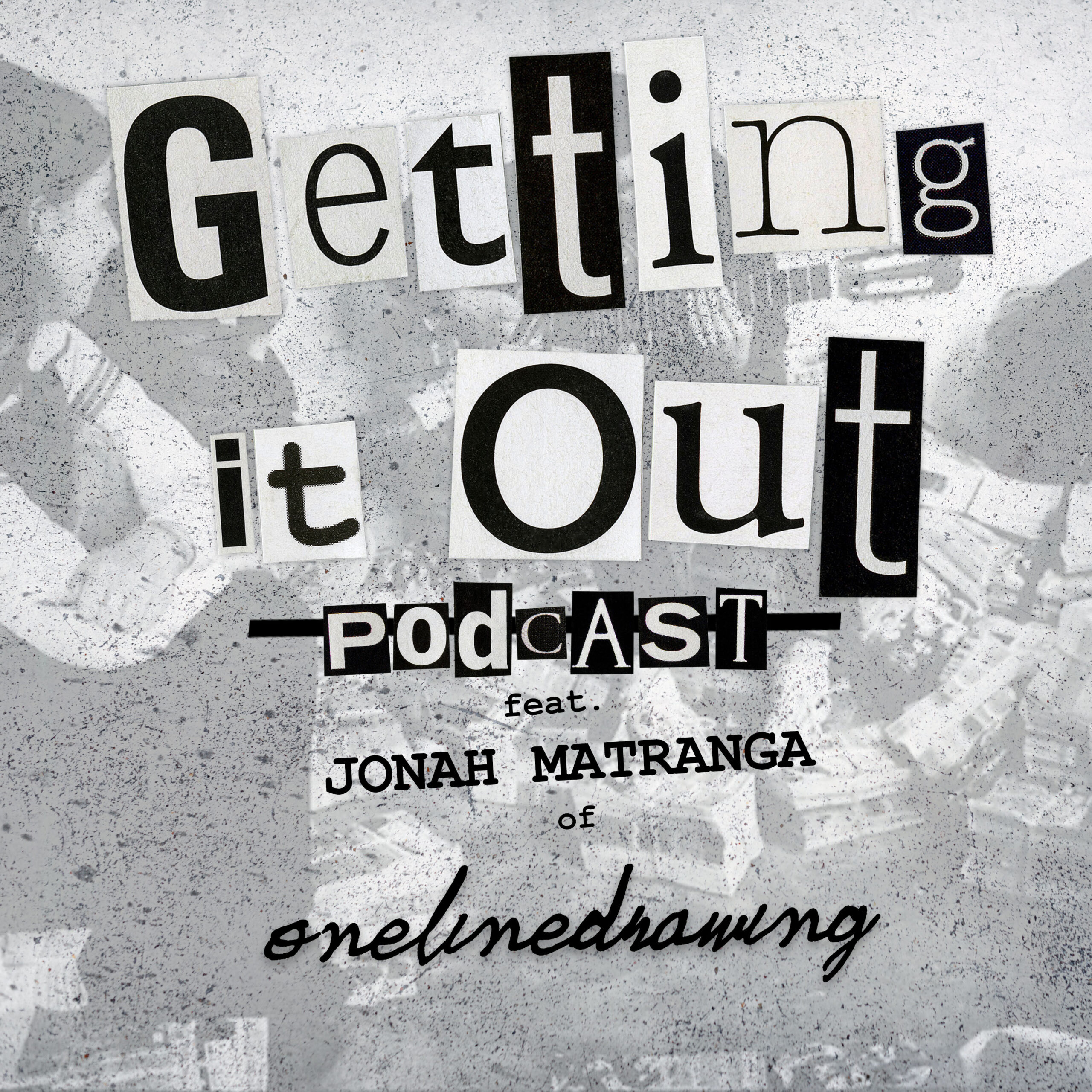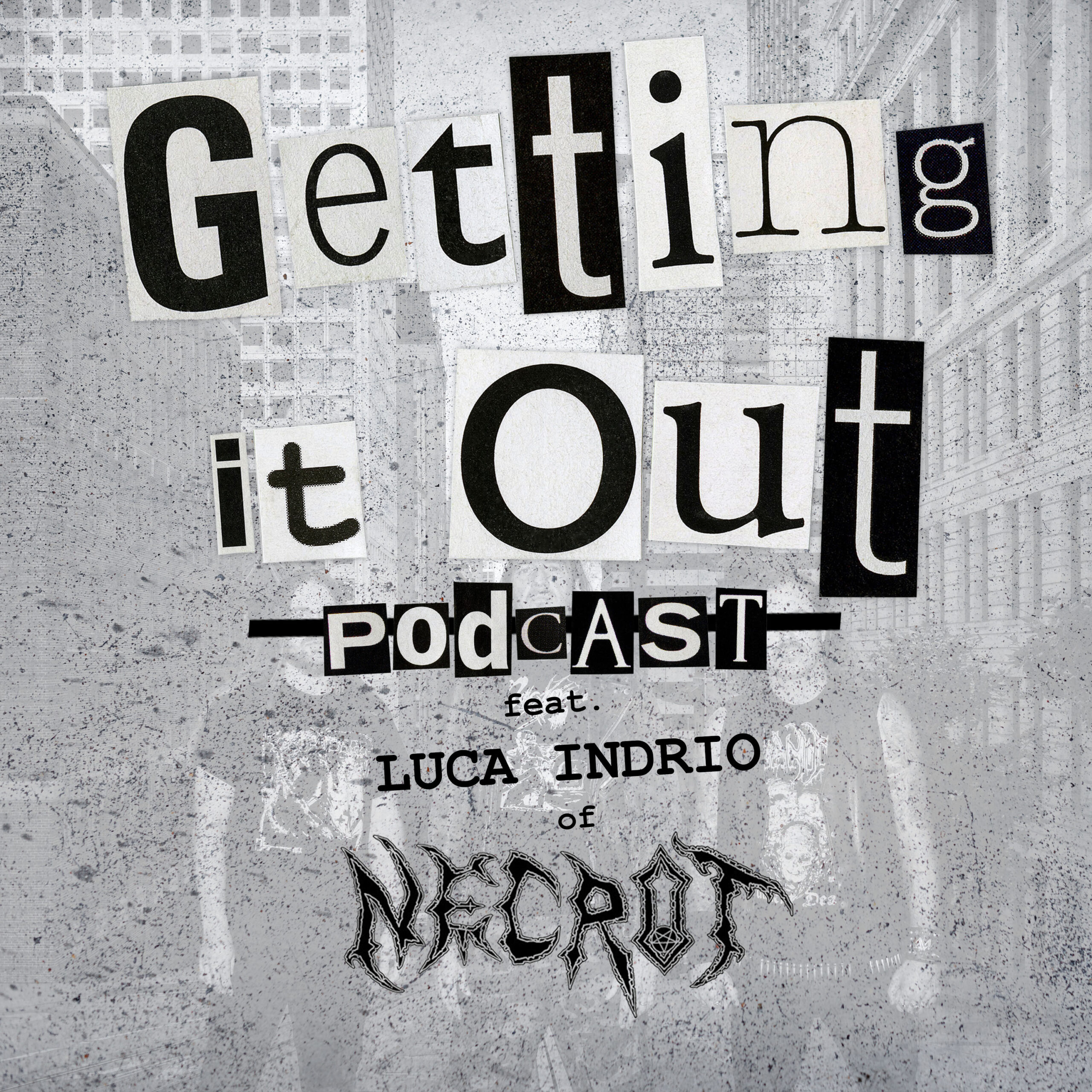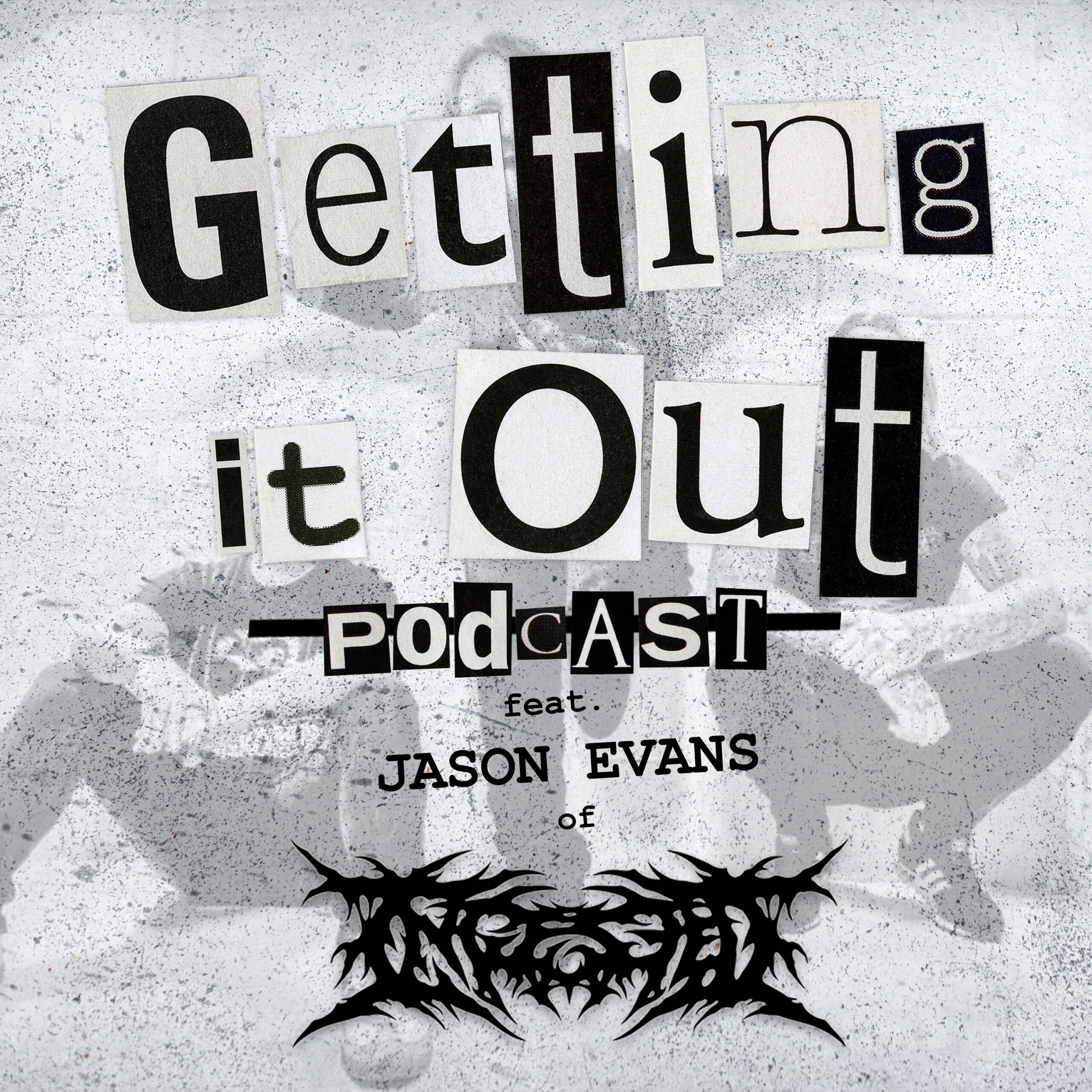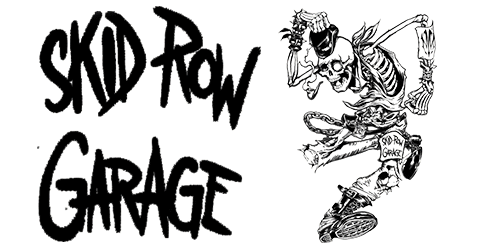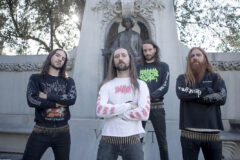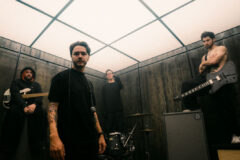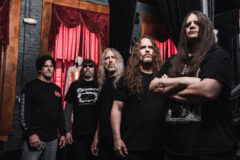Interview: Renwar of Lightlorn
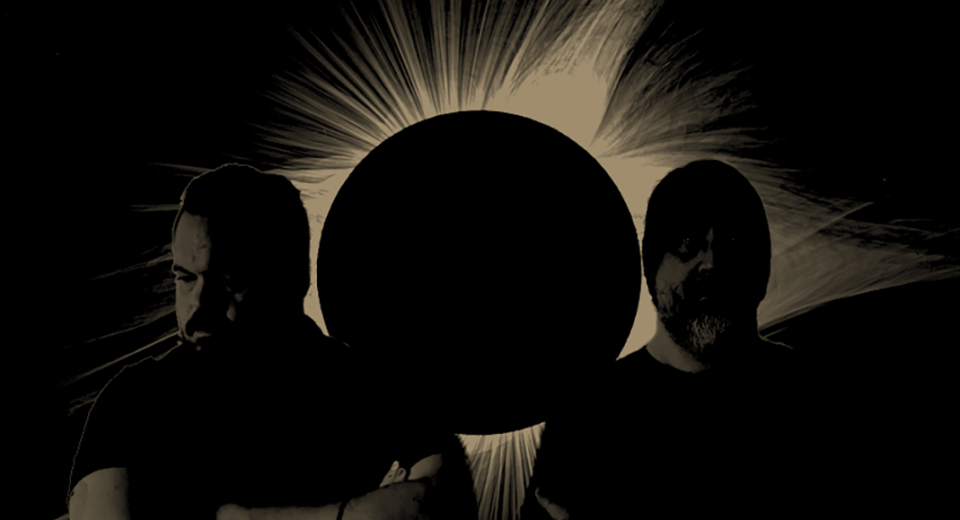
Gothenburg, Sweden is well known for melodic death metal, while the rest of Scandinavia is synonymous with melodeath's genre neighbor, black metal. So, it was only a slight surprise when Gothenburg black metal duo LIGHTLORN and their These Nameless Worlds recently got my attention.
After several listens to the four song debut, I was intrigued enough to reach out across the Atlantic to learn more about the band. Renwar, the mastermind behind the project, was kind enough to answer Getting It Out's questions on the basics of the band and how they operate.
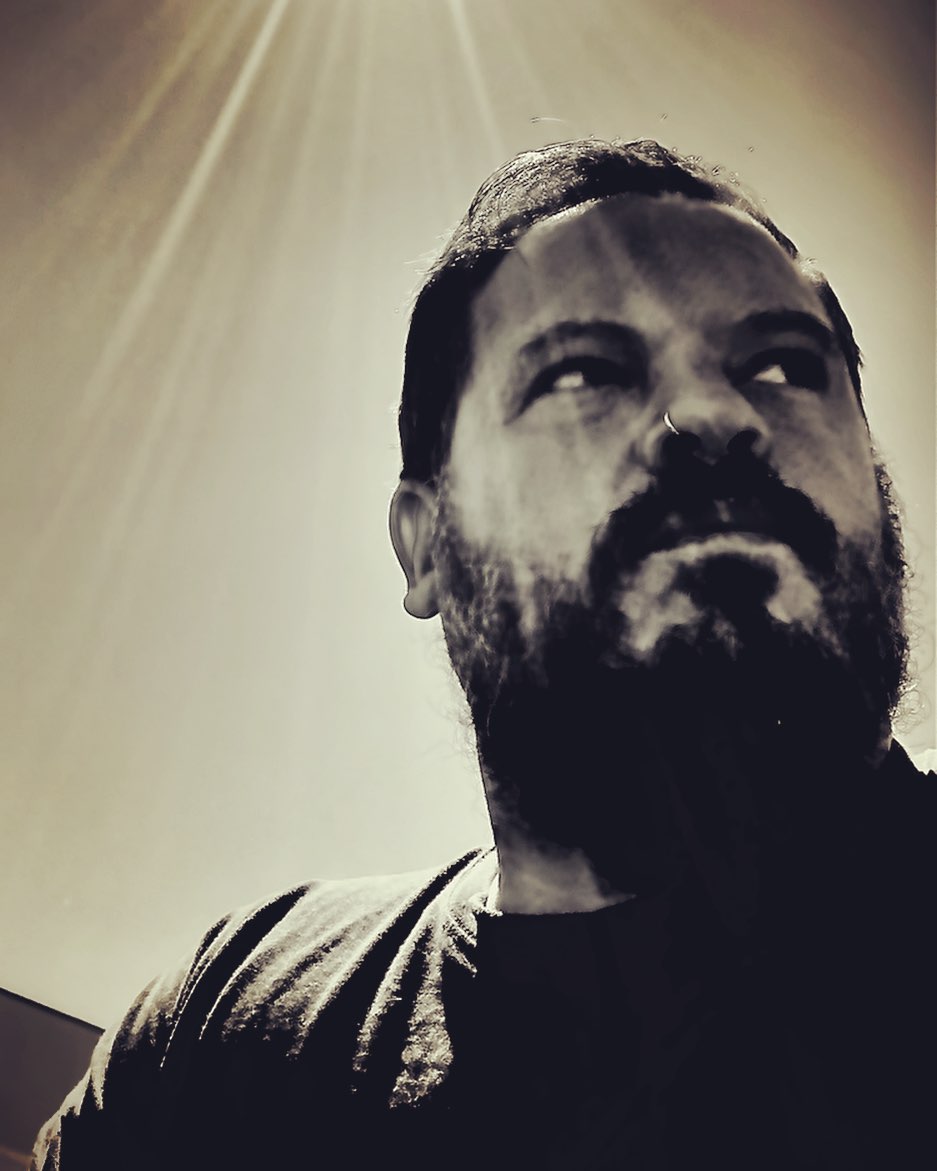
-
Do you remember the first time you discovered black metal? Did it immediately appeal to you? If so, why?
I was around 17 and I listened to everything from death metal and thrash to grindcore and punk. A friend came over with 3 new CDs he had purchased: Emperor – Anthems to the Welkin at Dusk, Satyricon – Nemesis Divina, and Dimmu Borgir – Enthrone Darkness Triumphant. I remember he played me Emperor first, and I was blown away. I’d never heard anything like it before. It was fast and heavy, but there was an inherent grimness as well as beauty to it, which appealed to me immensely. For the next decade or so I listened to nothing but black metal.
-
Lightlorn presents a contrast between the harsher and softer elements of your sound. Is the balance between the two opposite sides of that aural spectrum something you plan for?
I really enjoy contrasts in music in general. It’s something the classical composers got right. I think a song should tell a story, and I don’t mean through the lyrics necessarily. It should take you on a brief emotional journey and conjure up different feelings. So, something I like doing with my songs is starting off with a sadder, more mournful feel, then use the bridges in the song to transition the emotion to something more optimistic.
-
How long had you been working on the songs of These Nameless Worlds before releasing the album?
All told, about a year and a half. I had a full band for a short while before forming Lightlorn, and some of the songs (well, at least some of the structures) I had written for the previous band. But nothing really came of it. So I took some of the basic ideas and created these 4 songs.
-
How does your songwriting process typically unfold?
It’s a bit different each time, but I usually start with a melody and then develop it. Once I have a riff and melody that I like, I start by imagining what would sound good leading into the piece and what would sound good afterwards. Then, after I have a full song, I record the guitars and listen over and over again while imagining where piano and other synths would sound good. Most of the songs on the EP went through enormous changes until they took on their current forms.

-
The name Lightlorn does not accurately represent your sound. In fact, I’d consider the “light” side of your sound to be one of your key characteristics. Is that irony intentional or were you anticipating a darker band when you chose the moniker?
You’re not actually the first to say that. But I think it all comes down to personal notions of light and dark. While there’s indubitably an overall lightness and optimism to the songs, I still think they are predominantly melancholic. It’s this juxtaposition of the contrasting moods that gives the songs their unique sound in my opinion.
-
Is there a theme or concept throughout These Nameless Worlds?
The 4 songs all tell a story about a lost and lonely spacefarer, who, after traversing the galaxy and beyond for millennia, eventually becomes – for all intents and purposes – a god. It can be seen as a metaphor for human loneliness and isolation, but with an over-arching optimism. Overcoming longing and loneliness makes us stronger as individuals, so we should embrace our solitude, not fear it.
-
A lot of These Nameless Worlds, musically and visually, does not match the usual despair and gloominess of black metal. Have you been accepted or rejected by the “trve” side of the scene?
The songs have been received a lot better in the black metal scene than I expected. But it’s not really something that concerns me. I play the music I like. There is a narrow-mindedness in the black metal scene here in Sweden. It’s like they’re scared to admit enjoying anything that isn’t trve kvlt. Maybe it’s because I’m a naturalized Swede and not a native, but I just don’t see the point to the try-hard satanic theatrics. It’s like everyone’s competing to see who’s the most evil, the most misanthropic and the most blasphemous. That shit was fun as a teen and adolescent, but it’s just irrelevant now. A lot of black metal bands profess an affinity for Nietzsche, but they only pick and choose the pieces that suit their nihilistic outlook. Nietzsche was fundamentally an optimist. And the same can be said for Lightlorn: triumphant, optimistic compositions with an underlying melancholy.
-
Being a duo, are live shows an option for Lightlorn?
We would love to play live, of course, but it’s not in the cards right now. Maybe sometime in the future we can get a full band together and play some shows.
-
You’ve only just released These Nameless Worlds, so maybe it’s too early to ask, but I’d suspect not. So, what’s next?
I’m writing songs for the full-length. I already have 4-5 songs I’m working on. If the writing and recording go according to plan, I think we’ll be ready to release the full-length towards the end of summer 2023. We would prefer to release our next offering with a label, so that’s also going to be the focus over the next few months.


